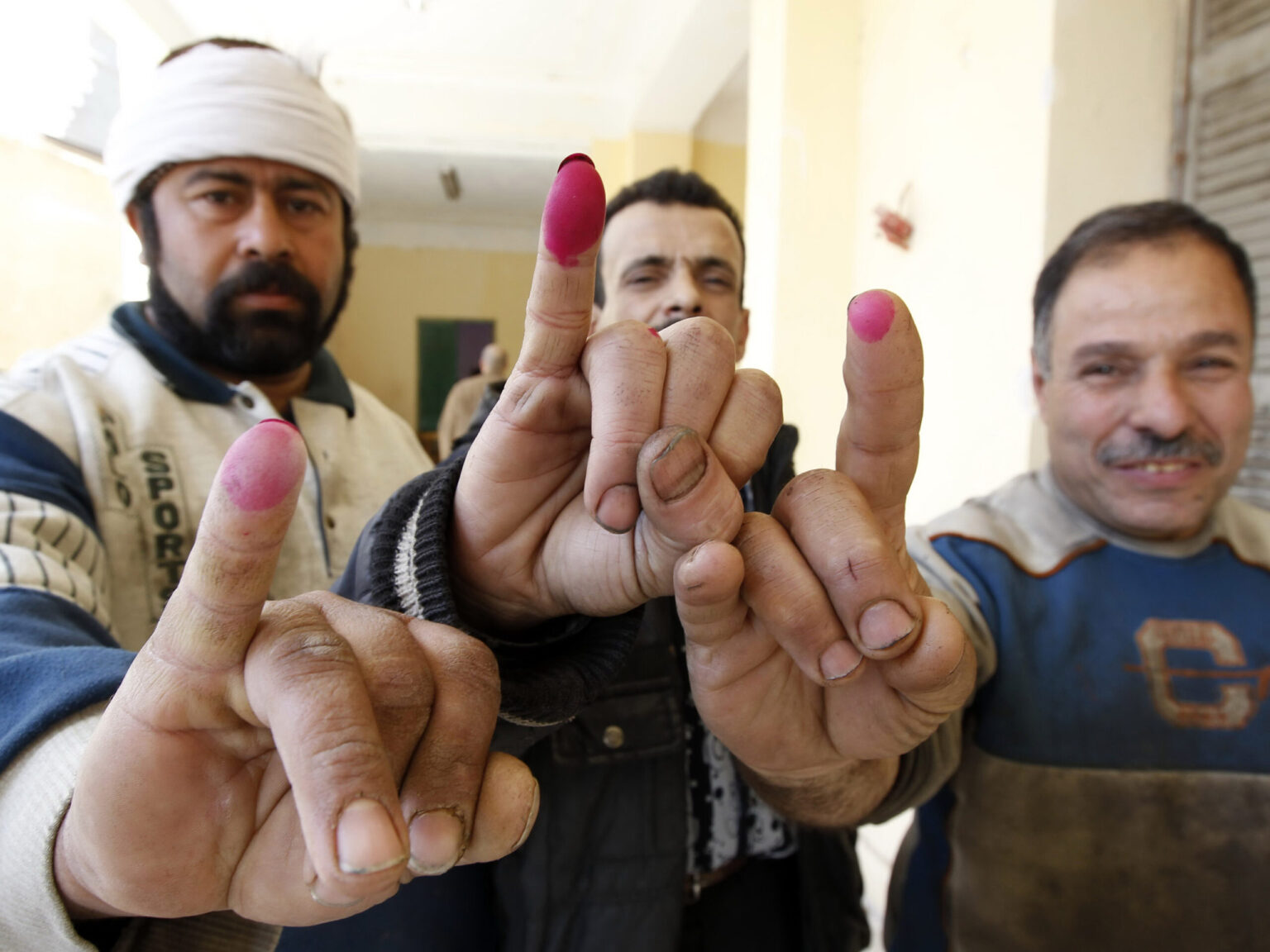Egypt’s Tumultuous Path: A Decade of Political Uncertainty Under President El-Sisi
Political Evolution and the Arab Spring Aftermath
In the wake of the Arab Spring, Egypt has faced a whirlwind of political changes and challenges. The mass demonstrations of 2010 calling for an end to poverty, corruption, and political repression culminated in the ousting of President Hosni Mubarak. Despite embarking on significant economic reforms lauded by the international community, Mubarak’s regime, characterized by strong military influence, could not withstand the pressure.
The brief period of hope saw a democratic election in 2012, bringing Mohamed Morsi of the Muslim Brotherhood to power. However, this nascent democracy was short-lived; in 2013, a coup led by Army General Abdel Fattah al-Sisi displaced Morsi. Since then, al-Sisi has ruled Egypt with an iron fist, marking a significant downturn in political freedom and democracy.
Erosion of Freedom Indices
The Freedom Index for Egypt reflects this tumultuous period. During the Arab Spring and subsequent election, the index saw a sharp increase, reflecting enhanced political freedoms. However, post-2013, there was a precipitous 10-point drop due to the Sisi-led counterrevolution and resultant political repression. The political rights of Egyptians were most affected, with brutal suppression of opposition voices and activism.
Economic Instability and Military Control
Under al-Sisi, Egypt’s economic freedom has followed an erratic trajectory, further echoing the country’s political instability. While there have been incremental improvements since 2014, significant economic problems persist. Scores on property rights and women’s economic freedom remain particularly low. Despite al-Sisi’s substantial infrastructure investments aimed at spurring durable economic growth, these efforts have often resulted in bad debt.
Adding to these troubles, the crucial financial aid from the Gulf Cooperation Council (GCC) countries has dwindled, exacerbating Egypt’s debt crisis. The nation now faces a daunting economic future, with an impending debt crisis and towering interest payments.
Legal Freedom: A Negative Trend
Legal freedom in Egypt has seen a steady decline since 2000, with a notable 10-point decrease in the related indicators. Key elements of the rule of law, such as the clarity of the law, have scored persistently low, mirroring the degradation of political freedom and the misuse of the judicial system for political ends.
A Rollercoaster of Prosperity
Egypt’s path to prosperity has been as erratic as its political freedom. The country has periodically faced balance-of-payments crises, leading to interventions by the International Monetary Fund (IMF). While these bailouts demand structural reforms like cuts in consumer subsidies, they oftentimes leave deeper economic issues—such as entrenched vested interests and prevalent cronyism—unaddressed. This cycle perpetuates economic and social instability.
The military’s predominant role in the economy stymies rapid and significant economic transformation. Such structural challenges have kept Egypt’s prosperity scores significantly below the regional average, despite a gradual increase over the last two decades.
Improvements and Setbacks in Social Indicators
In terms of social indicators, there has been some progress, particularly in education and income. While Egypt has surpassed regional averages in education since overcoming a significant differential in 2006, it still lags in health and environmental indicators, with the gap widening since 1995.
Looking Ahead: Challenges and Risks
As Egypt approaches the December 2023 elections, it is likely that President al-Sisi will secure re-election. Though this may theoretically grant him a mandate for reform, substantial changes that threaten crony or military interests appear improbable. Economic challenges are compounded by the necessity to devalue the currency further, potentially sparking inflation and exacerbating the burden on vulnerable households. This cycle could render foreign debt repayment even more challenging, given Egypt’s significant holdings in foreign currency.
With the external financing landscape tightening and reduced aid from GCC countries contingent on strategic reforms, Egypt’s reliance on the IMF becomes more pronounced. Deep economic and political reforms are unlikely in the current climate, continuing to restrain the country’s potential.
The increasingly frustrated youth and a volatile geopolitical climate, particularly the renewed Israeli-Palestinian conflict, pose additional risks. Without a balanced transition that addresses both economic and political issues, domestic instability could escalate, threatening not just Egypt but the entire region.
